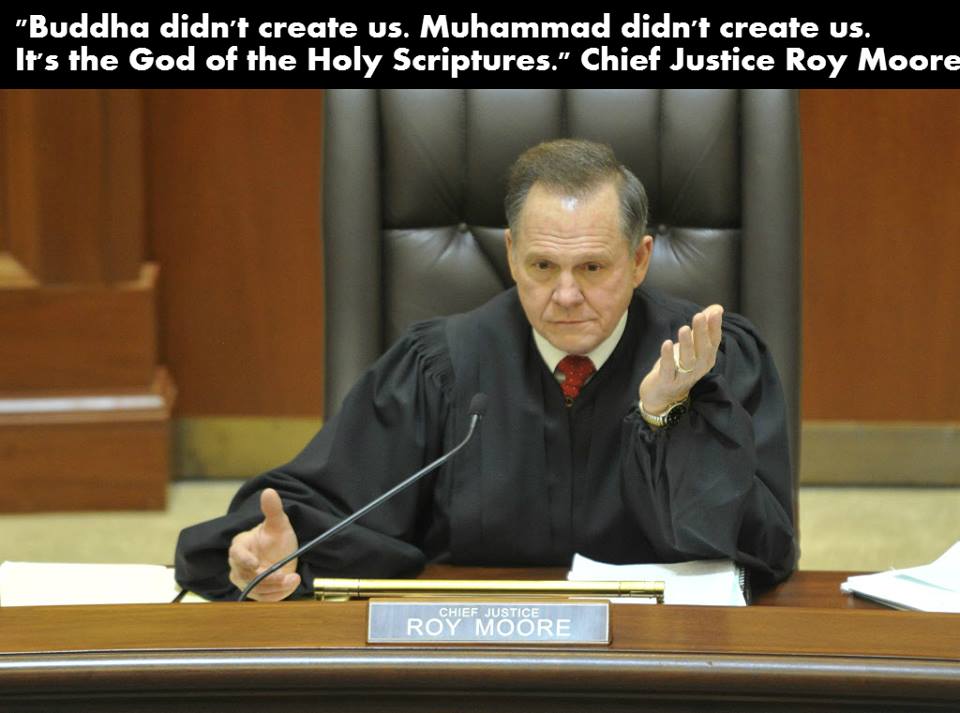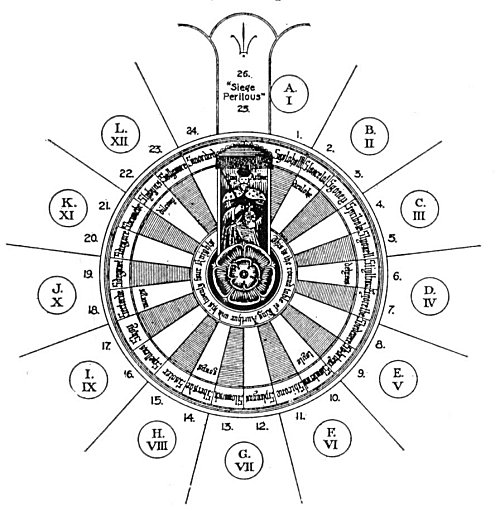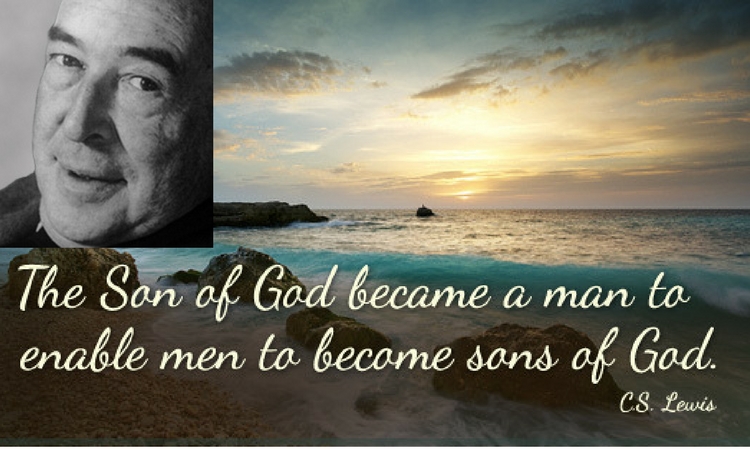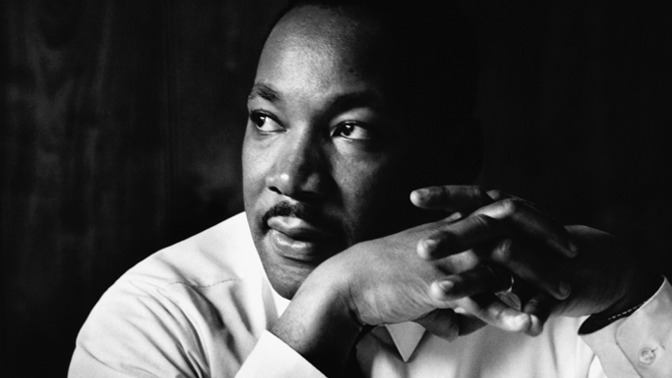Away from us such an insulting conception of divine justice as that preached by priests on their own authority. It is fit only for cowards and criminals! If they are backed by a whole array of Fathers and Churchmen, we are supported by the greatest of all authorities, an instinctive and reverential sense of the everlasting and everpresent law of harmony and justice.
But, besides that of reason, we have other evidence to show that such a construction is wholly unwarranted. The Gospels being “Divine revelation,” doubtless Christians will regard their testimony as conclusive. Do they affirm that Jesus gave himself as a voluntary sacrifice? On the contrary, there is not a word to sustain the idea. They make it clear that he would rather have lived to continue what he considered his mission, and that he died because he could not help it, and only when betrayed. Before, when threatened with violence, he had made himself invisible by employing the mesmeric power over the bystanders, claimed by every Eastern adept, and escaped. When, finally, he saw that his time had come, he succumbed to the inevitable. But see him in the garden, on the Mount of Olives, writhing in agony until “his sweat was, as it were, great drops of blood,” praying with fervid supplication that the cup might be removed from him; exhausted by his struggle to such a degree that an angel from heaven had to come and strengthen him; and say if the picture is that of a self-immolating hostage and martyr. To crown all, and leave no lingering doubt in our minds, we have his own despairing words, “NOT MY WILL, but thine, be done!” (Luke xxii. 42. 43.)
Again, in the Puranas it may be found that Christna was nailed to a tree by the arrow of a hunter, who, begging the dying god to forgive
Page 546
him, receives the following answer: “Go, hunter, through my favor, to Heaven, the abode of the gods. . . . Then the illustrious Christna, having united himself with his own pure, spiritual, inexhaustible, inconceivable, unborn, undecaying, imperishable, and universal Spirit, which is one with Vasudeva, abandoned his mortal body, and . . . he became Nirguna” (Wilson’s Vishnu Purana, p. 612). Is not this the original of the story of Christ forgiving the thief on the cross, and promising him a place in Heaven? Such examples “challenge inquiry as to their origin and meaning so long anterior to Christianity,” says Dr. Lundy in Monumental Christianity, and yet to all this he adds: “The idea of Krishna as a shepherd, I take to be older than either (the Gospel of Infancy and that of St. John), and prophetic of Christ” (p. 156).
Facts like these, perchance, furnished later a plausible pretext for declaring apocryphal all such works as the Homilies, which proved but too clearly the utter want of any early authority for the doctrine of atonement. The Homilies clash but little with the Gospels; they disagree entirely with the dogmas of the Church. Peter knew nothing of the atonement; and his reverence for the mythical father Adam would never have allowed him to admit that this patriarch had sinned and was accursed. Neither do the Alexandrian theological schools appear to have been cognizant of this doctrine, nor Tertullian; nor was it discussed by any of the earlier Fathers. Philo represents the story of the Fall as symbolical, and Origen regarded it the same way as Paul, as an allegory.
Whether they will or not, the Christians have to credit the foolish story of Eve’s temptation by a serpent. Besides, Augustine has formally pronounced upon the subject. “God, by His arbitrary will,” he says, “has selected beforehand certain persons, without regard to foreseen faith or good actions, and has irretrievably ordained to bestow upon them eternal happiness; while He has condemned others in the same way to eternal reprobation“!! (De dono perseverantae).
Page 547
Calvin promulgated views of Divine partiality and bloodthirstiness equally abhorrent. “The human race, corrupted radically in the fall with Adam, has upon it the guilt and impotence of original sin; its redemption can be achieved only through an incarnation and a propitiation; of this redemption only electing grace can make the soul a participant, and such grace, once given, is never lost; this election can come only from God, and it includes only a part of the race, the rest being left to perdition; election and perdition (the horribile decretum) are both predestinated in the Divine plan; that plan is a decree, and this decree is eternal and unchangeable . . . justification is by faith alone, and faith is the gift of God.“

Moe is the founder of GnosticWarrior.com. He is a father, husband, author, martial arts black belt, and an expert in Gnosticism, the occult, and esotericism.








